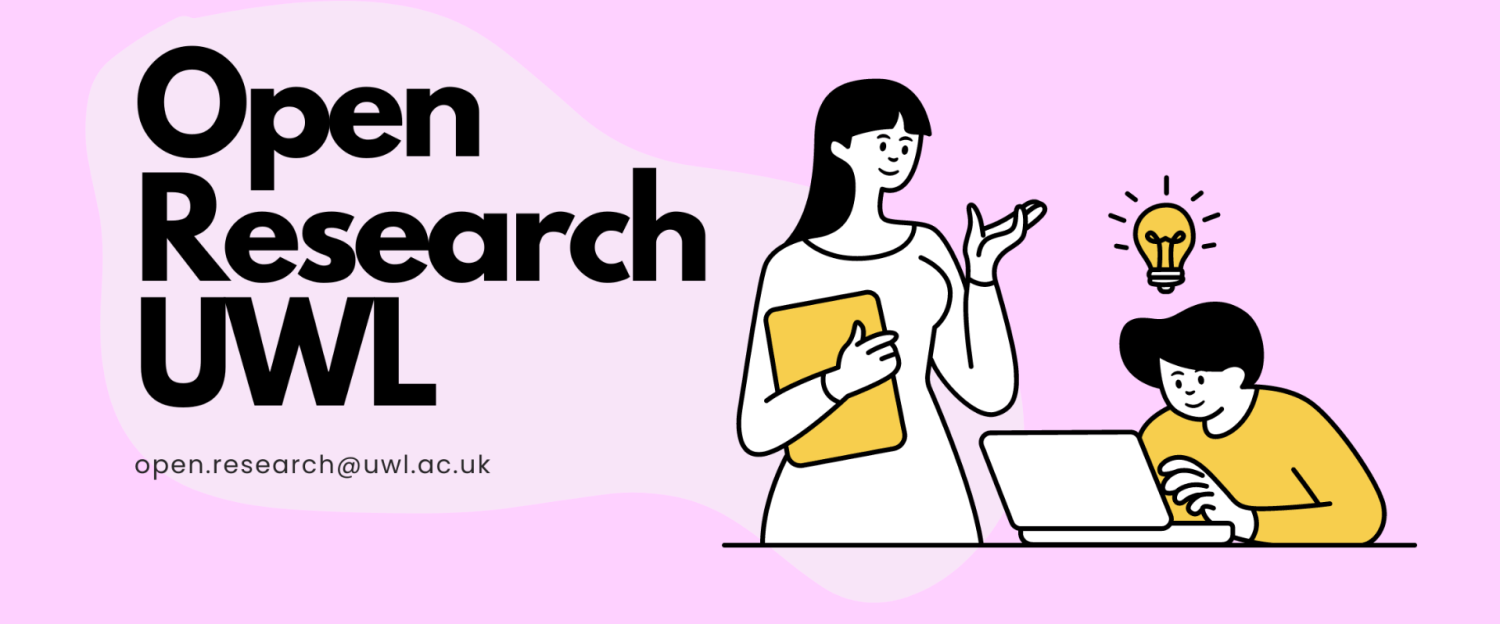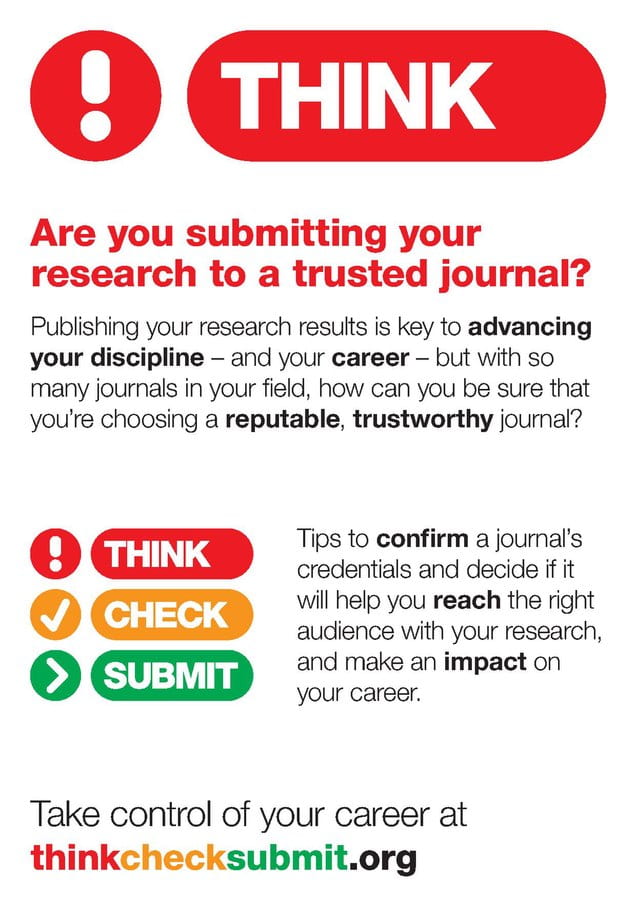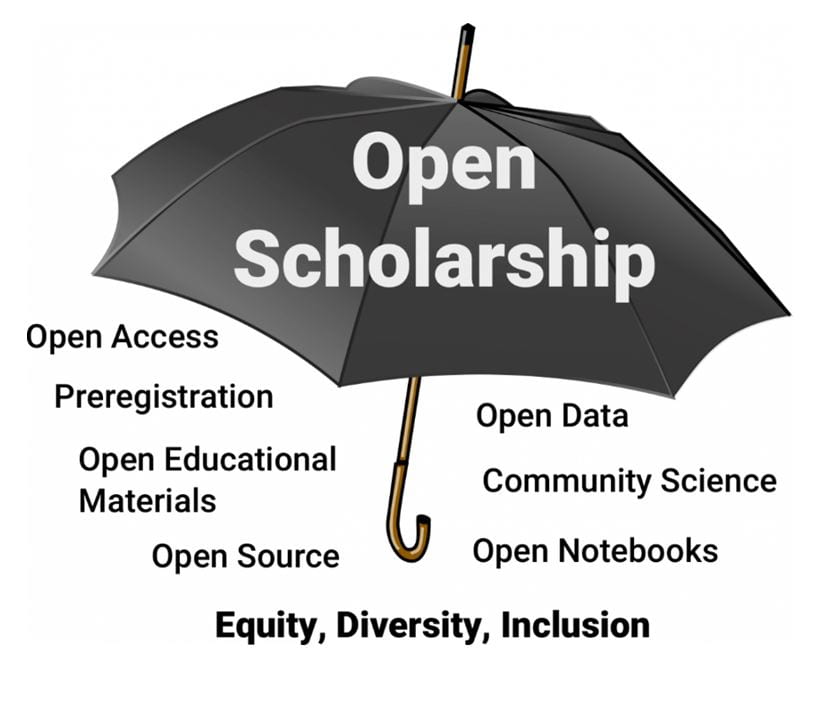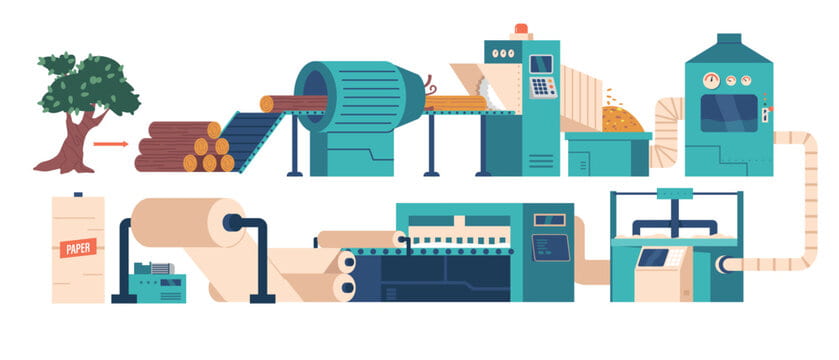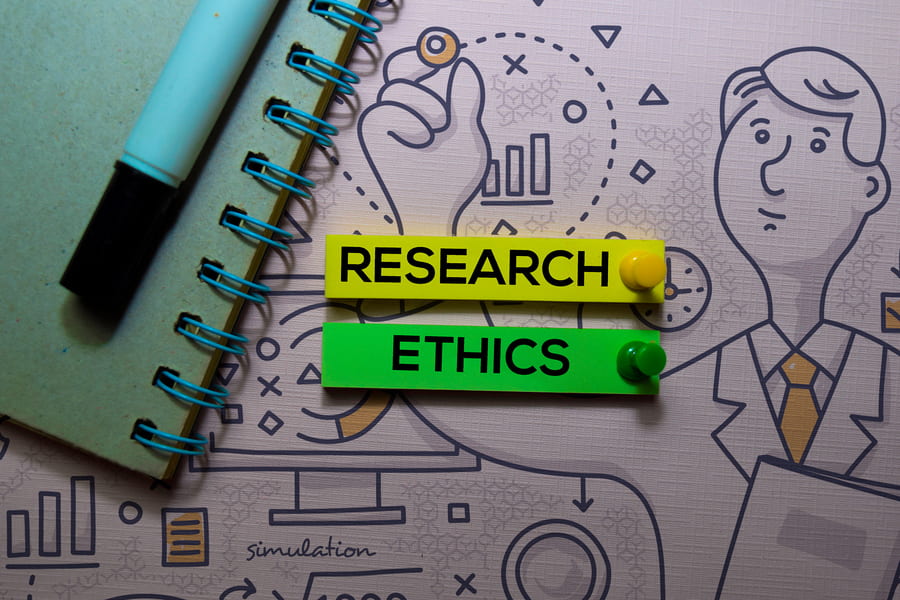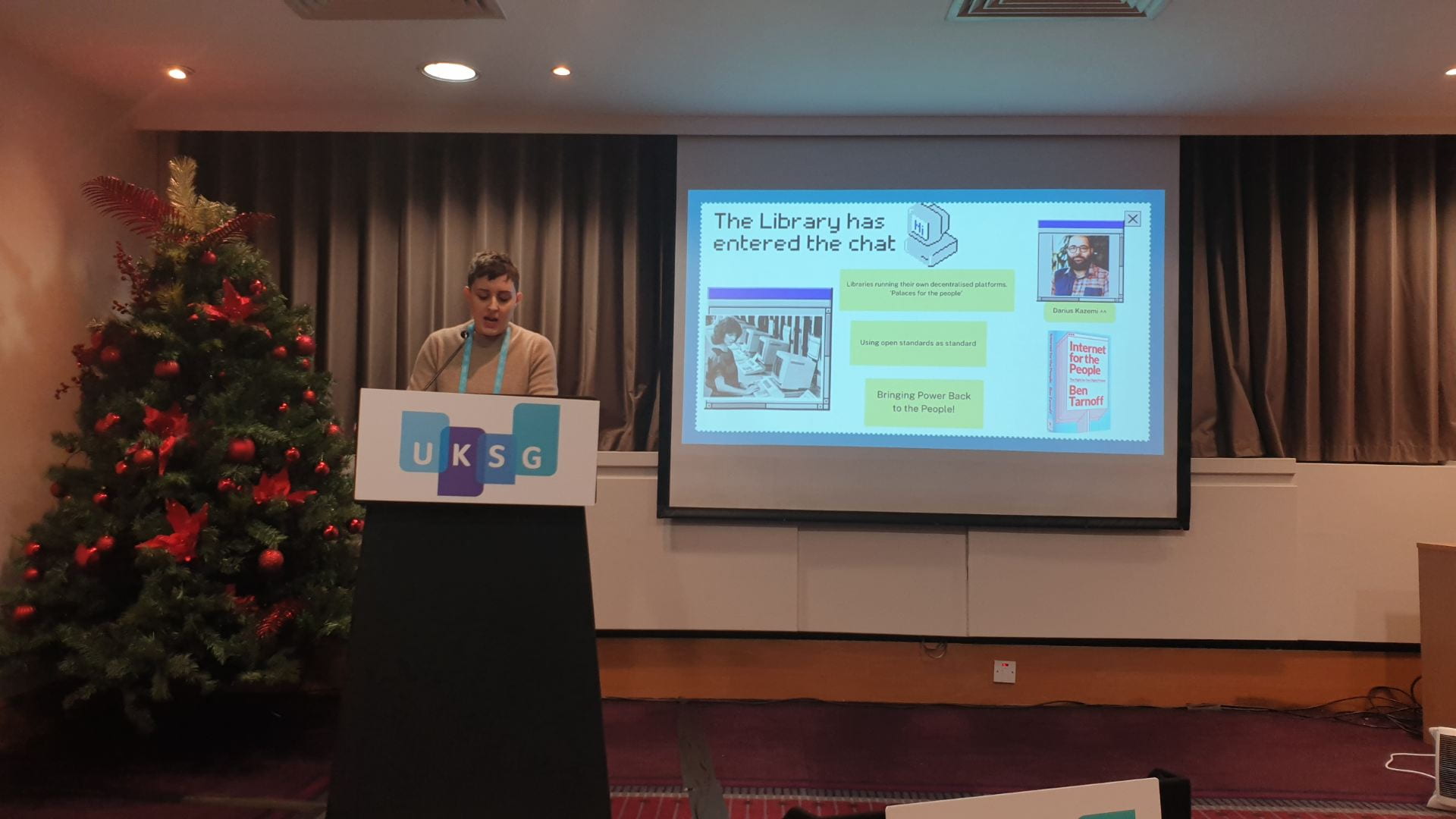Last week, the Open Research team held their first of a new series of PGR sessions on Open Research Skills. Among more general Open Access talk, the first installment looked using the institutional repository. It was a really enjoyable session and there was some great discussion and troubleshooting going on. If you weren’t able to attend however, here’s a quick post to give a bit of an overview to searching and depositing.
What is the Repository?
UWL Repository was launched in June 2012 as a digital archive showcasing the research, scholarly and enterprise output of University of West London staff and research students. All staff members and doctoral students can deposit material, subject to editorial process and anyone can search and access the materials that are uploaded onto the repository.
Searching the Repository

As you can see from the screenshot above, there are multiple options for searching. The homepage has a handy quick search bar and the webpage banner also has a site search for easy and continual access. This is best for if you have a particular repository item in mind and want to search via the author’s name or the title of the work.

The tabs on the right can allow for a more exploratory search, clicking browse items will allow you to narrow a search down by year, subject area, school, authors, or type of item.
Depositing Works onto the Repository
For depositing works onto the repository, you need to login with your regular network login details to access the repository. After you have logged in, you will be taken to your ‘Manage Deposits’ user area, which will display any items you have already deposited, and will allow you to add new material. Click on ‘New Item’ to create a new repository record.

Depositing is simple. You will be asked to provide bibliographic details about the item being deposited, provide the full-text of the item where permitted, and agree to the deposit license. After depositing, your item record will go live immediately and the Open Research Librarian will check for any errors or add any extra detail that may be missing. We have a useful video guide that provides more detailed overview of the process that you can view here.
What can I deposit?
All kinds of research, scholarly and enterprise outputs can be uploaded to the repository (both published and unpublished) provided you have permission. Items submitted for publication and still under review should not be deposited – please wait until the item has been accepted for publication. The version that we require most of the time is often referred to as your author’s accepted manuscript (AAM). Text-based works (including articles, conference proceedings and book chapters) as well as visual works (images, videos), and other materials (e.g. sound recordings, compositions, slideshows) can be deposited. You can also deposit pre-prints of your works and we recently added a facility for adding Data Management Plans, which you can read more about here.
If you’d like anymore help or guidance, as ever the Open Research team are ready willing and able to help you out! email us at open.research@uwl.ac.uk.
Also, please do join us at our next PGR session (open to all, not just PGRs!) It’ll be taking place on the ground floor of Rami Ranger at 12pm again and this one will be on:
Wed April 10th: Open Access to research: why, when, where and how? Why do we want research outputs to be open? when should outputs be made Open Access? where can open access materials be found and where and how do you make yours open? Including: Copyright (Creative Commons); Green and Gold open access; preprint servers; Academic.edu/ResearchGate.
See you there!

